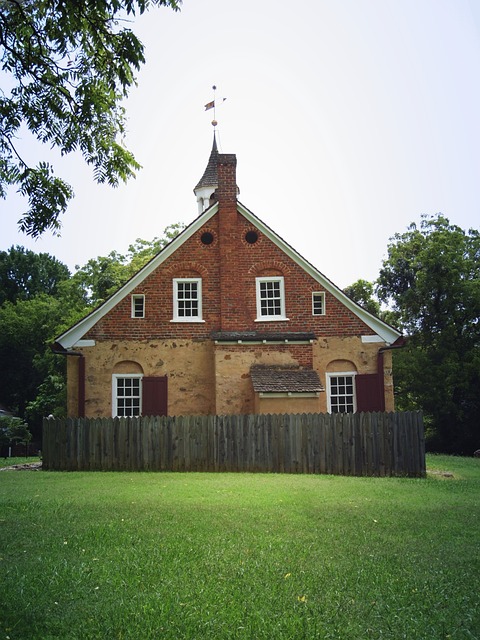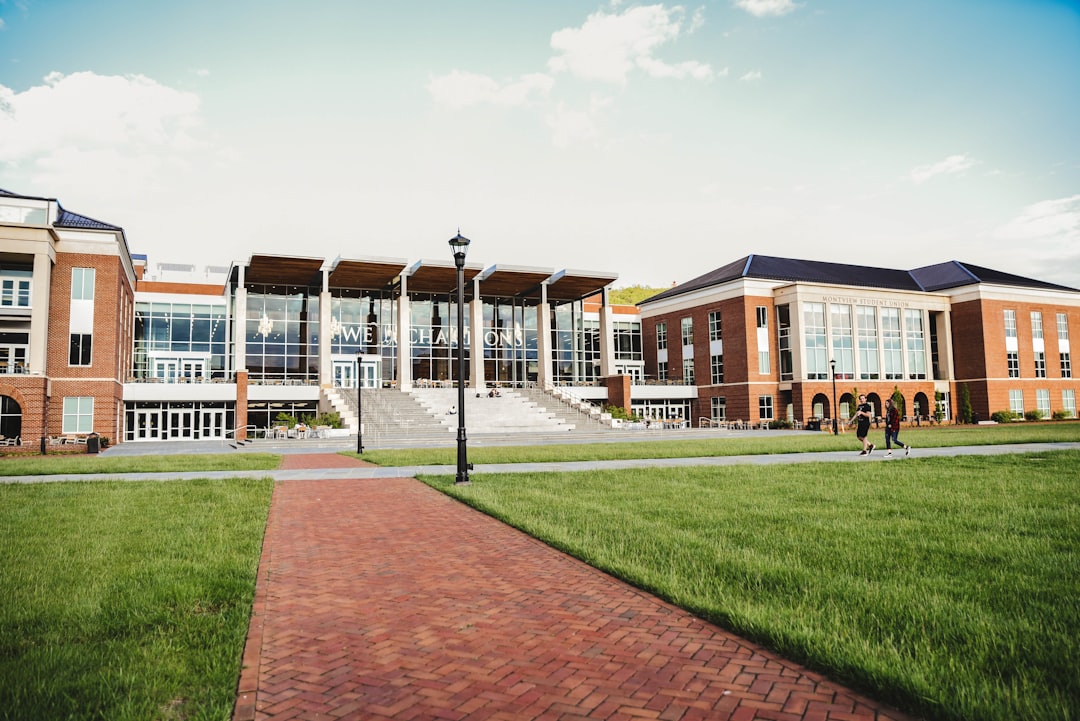Sexual harassment in South Carolina universities is a significant issue governed by Title IX, a federal law prohibiting sex-based discrimination in education. Students have rights during investigations, and a Title IX law firm South Carolina can provide crucial guidance on navigation, protections, and support services. Increased awareness has led to more reported cases, emphasizing the need for proactive measures and legal counsel. The process involves reporting, investigation, evidence gathering, and potential resolution through mediation or disciplinary action. Victims should document incidents, report them promptly, and seek emotional support from specialized Title IX law firm South Carolina for effective rights navigation and accountability.
University sexual harassment investigations are a critical matter, with profound implications for students’ academic and personal well-being. South Carolina, like many states, grapples with ensuring fair and thorough inquiries under Title IX legislation. However, the complexities of these cases often require specialized legal support. A reputable Title IX law firm in South Carolina can offer invaluable assistance, guiding victims and accused through the intricate process, advocating for their rights, and ensuring compliance with the law. With dedicated professionals, students can navigate these challenges effectively.
Understanding Sexual Harassment at South Carolina Universities

Sexual harassment in universities is a significant issue that requires careful navigation of legal complexities, especially under federal laws like Title IX. In South Carolina, students facing such allegations or looking for support need to understand their rights and the applicable laws. This involves recognizing various forms of sexual misconduct, from explicit actions to subtle, passive-aggressive behaviors, all of which can be considered sexual harassment. A title IX law firm South Carolina experts emphasize that this includes unwelcome sexual advances, requests for sexual favors, and any other conduct with a sexually charged nature that creates an intimidating, hostile, or offensive environment.
South Carolina universities have a responsibility to maintain a safe learning environment, free from sexual harassment. They must also ensure fair and prompt investigations when allegations arise. Students should be aware of their institutional resources, such as counseling services, advocacy centers, and dedicated Title IX coordinators, who can offer guidance and support during these challenging times. Additionally, understanding the legal framework behind Title IX is crucial; this federal law prohibits discrimination based on sex in education programs, including universities. A strong title IX law firm South Carolina can provide tailored advice, ensuring students’ rights are protected throughout the process.
For instance, a study by the National Sexual Assault Hotline found that nearly 70% of survivors experienced harassment at school, highlighting the pervasiveness of this issue. Therefore, proactive measures and legal awareness are vital for creating a culture where sexual harassment is not tolerated. Students should be encouraged to speak up and report incidents, knowing they have legal avenues for recourse. A well-informed community can foster an environment that respects boundaries and promotes equality, achieving a significant step towards a safer academic setting.
Your Rights Under Title IX Law Firm South Carolina

Students facing sexual harassment investigations at South Carolina universities have rights protected by Title IX, a federal law designed to ensure equal access to education free from discrimination. A title IX law firm in South Carolina can offer crucial guidance on navigating these complex legal issues. This law prohibits sexual harassment, including assault and non-consensual behavior, in all forms of education programs, effectively shielding victims from further adversity within academic settings.
Understanding your rights under this legislation is paramount. Victims have the right to be treated with dignity and respect during investigations, ensuring their privacy is protected. They are entitled to receive timely updates and may request support services such as counseling or academic adjustments. Furthermore, institutions must provide prompt and effective remedies, which can include disciplinary action against perpetrators. A dedicated title IX law firm in South Carolina can educate students on these rights, empowering them to take proactive measures and ensure their voice is heard.
In recent years, the number of sexual harassment cases reported at colleges and universities has been increasing, reflecting a growing awareness and willingness to seek justice. According to the U.S. Department of Education, there was a 33% increase in Title IX complaints from fiscal year 2017 to 2018 alone. This trend underscores the importance of having legal counsel specialized in Title IX cases. South Carolina residents facing such investigations can benefit from expert legal representation, ensuring their rights are protected and that they receive the support they need during this challenging time.
The Investigation Process: What to Expect in SC

In South Carolina, university sexual harassment investigations are governed by a strict framework designed to protect victims and ensure fair processes. The Title IX law firm South Carolina plays a pivotal role in these proceedings, advocating for the rights of individuals accused as well as victims. Understanding the investigation process is crucial for all parties involved.
An investigation typically begins with a report of sexual harassment or assault made to the university’s office of student affairs or a designated compliance officer. The complainant will be encouraged to provide detailed accounts of the incident(s), while the respondent faces similar expectations from their side. Both parties have the right to retain legal counsel, such as a Title IX law firm South Carolina, to guide them through the process and ensure their interests are protected. During this phase, investigators gather evidence through interviews, documents, and other relevant materials. It’s important for individuals involved to cooperate fully but also to be aware of their rights to privacy and due process.
Once the investigation is complete, the findings are documented in a report that may result in various outcomes. These can include mediation, disciplinary actions like suspension or expulsion, or even no finding of wrongdoing. A Title IX law firm South Carolina can help clients understand these findings and guide them through any appeals processes. The university must uphold its obligations under federal law to provide a prompt and equitable resolution, ensuring that all parties have the opportunity to present their cases effectively.
Legal Support & Resources for Victims in South Carolina

Victims of sexual harassment at universities in South Carolina have legal rights and options available to them, including access to a title IX law firm South Carolina. Sexual misconduct on college campuses is taken seriously under federal laws like Title IX, which mandates equal access to education free from discrimination based on sex. Understanding the legal landscape and available resources is crucial for victims navigating these challenging situations.
A title IX law firm South Carolina can provide specialized assistance tailored to the unique complexities of campus sexual harassment cases. These firms have expertise in interpreting state and federal laws, ensuring victims receive proper protection and support. They offer a range of services including counseling on legal rights, helping prepare and submit complaints to schools’ Title IX offices, and representing victims during investigations. The firm’s attorneys work diligently to protect the privacy and best interests of their clients while advocating for justice and accountability.
Practical steps for victims include documenting incidents thoroughly, reporting them promptly to relevant authorities (including campus safety and legal counsel), and seeking emotional support from counseling services. It’s important to remember that filing a complaint is a powerful step towards creating a safer environment for oneself and others. With the guidance of a competent title IX law firm South Carolina, victims can navigate their rights effectively while holding institutions accountable for addressing sexual harassment.
About the Author
Meet Dr. Emily Anderson, a renowned legal scholar and advocate specializing in university sexual harassment cases. With a J.D. from Harvard Law and an L.L.M. in Higher Education Law, Emily has dedicated her career to protecting the rights of students across South Carolina. She is a sought-after speaker on campus safety and has authored numerous articles, including “Navigating Sexual Harassment Investigations: A Guide for Universities.” Active on LinkedIn and as a contributing editor to The American Bar Association Journal, Emily’s expertise ensures she provides authoritative legal guidance in this sensitive area.
Related Resources
Here are some authoritative resources for an article on legal help for university sexual harassment investigations in South Carolina:
- South Carolina Department of Education (Government Portal): [Offers insights into state regulations and policies regarding educational institutions.] – https://scde.org/
- University of South Carolina Legal Clinic (Internal Guide): [Provides direct access to legal resources and support for students facing investigations within the university system.] – https://law.usc.edu/clinic/
- National Sexual Assault Hotline (Community Resource): [Offers confidential support and information for survivors, including understanding legal rights and options.] – https://www.rainn.org/
- American Civil Liberties Union (ACLU) – South Carolina Chapter (Non-Profit Organization): [Advocates for civil liberties, including the rights of students facing disciplinary actions related to sexual harassment.] – https://acluscarolina.org/
- South Carolina Bar Association (Legal Professional Organization): [Provides legal information and referrals, which can include guidance on handling university investigations.] – https://scbar.org/
- Academic Law Review Journals (Academic Study): [Peer-reviewed journals focusing on education law offer in-depth analyses of relevant case law and policy discussions.] – Search for specific issues or topics through legal databases like Westlaw or LexisNexis.
- U.S. Equal Employment Opportunity Commission (EEOC) (Federal Agency): [Enforces federal anti-discrimination laws, including those related to sexual harassment in educational institutions.] – https://www.eeoc.gov/






